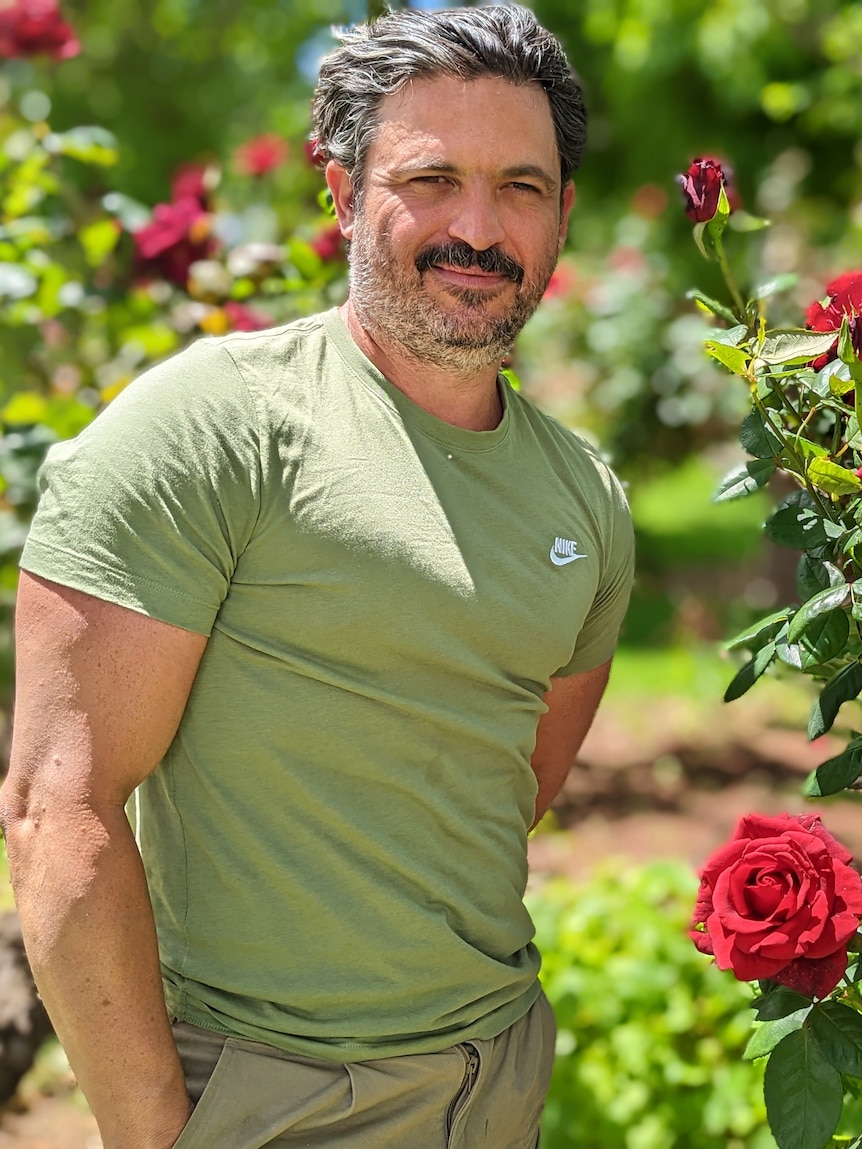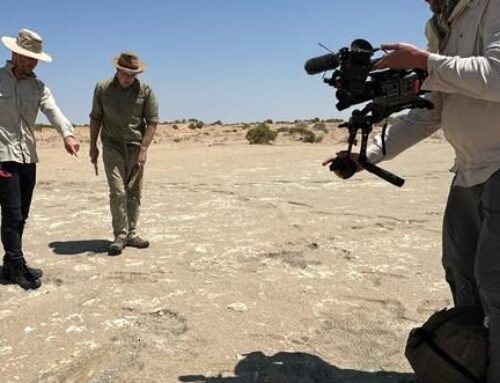When life gives you lemons, you make lemonade. But what can you do when there are too many red grapes?
Key points:
- Grape must is freshly crushed juice which contains the skins, seeds, and stems of the fruit
- The juice is used in Greek cooking to make a syrup and a variety of desserts
- Orthodox Easter is traditionally celebrated about a week after Catholic Easter
The wine industry is searching for solutions to a red-wine grape glut, due to China’s tariffs, with South Australia’s Riverland particularly affected as a commercial bulk wine producing region.
But amid the difficult vintage, Yianni Koutouzis has found a way to use excess shiraz grapes by turning them into must for Greek Orthodox Easter.
“Basically it is crushing grape juice, and boiling it to a certain temperature over a couple of hours to condense it to a really sweet aromatic syrup,” he said.
“[After crushing it] you have to pretty much boil it straight away because you don’t want it to ferment and turn into wine.”
Loading Instagram content
Mr Koutouzis said the ancient Greek recipe was a way for people to diversify their cuisine when they ate vegan during Lent — a 40-day period of religious observance by Christians ahead of Easter.
“The syrup could be used for many things, such as making cakes, biscuits, jelly,” he said.
“You could also add it to custard or use it on ice cream and salads as well, because it’s such a thick condensed liquid.”
Mr Koutouzis said he was surprised to see the video he posted of himself crushing grapes for must with his feet, “ancient style”, attract attention.
“Everyone has been really interested in it and asking me ‘what does it taste like?’,” he said.
“So I am going to make a little batch and sell it.”
Mr Koutouzis said he was using some of the extra shiraz grapes that his family couldn’t sell to make the must.
“I’m trying to diversify because you don’t just make wine out of grapes, you can make so many other things as well,” he said.
Sharing culture, finding solutions
Mr Koutouzis, whose parents migrated from Greece, believes it is important for diaspora to keep their culture alive and introduce it to others.
“We need to try our best to maintain traditions or they will slowly fade away,” he said.
“What I’m seeing is children now are not speaking the language as much as they used to and it’s a shame.
“So I hope if I share more of my culture on social media it will get people talking … because there are other people in Melbourne and Sydney doing the same and it’s going quite viral.”
Posted




